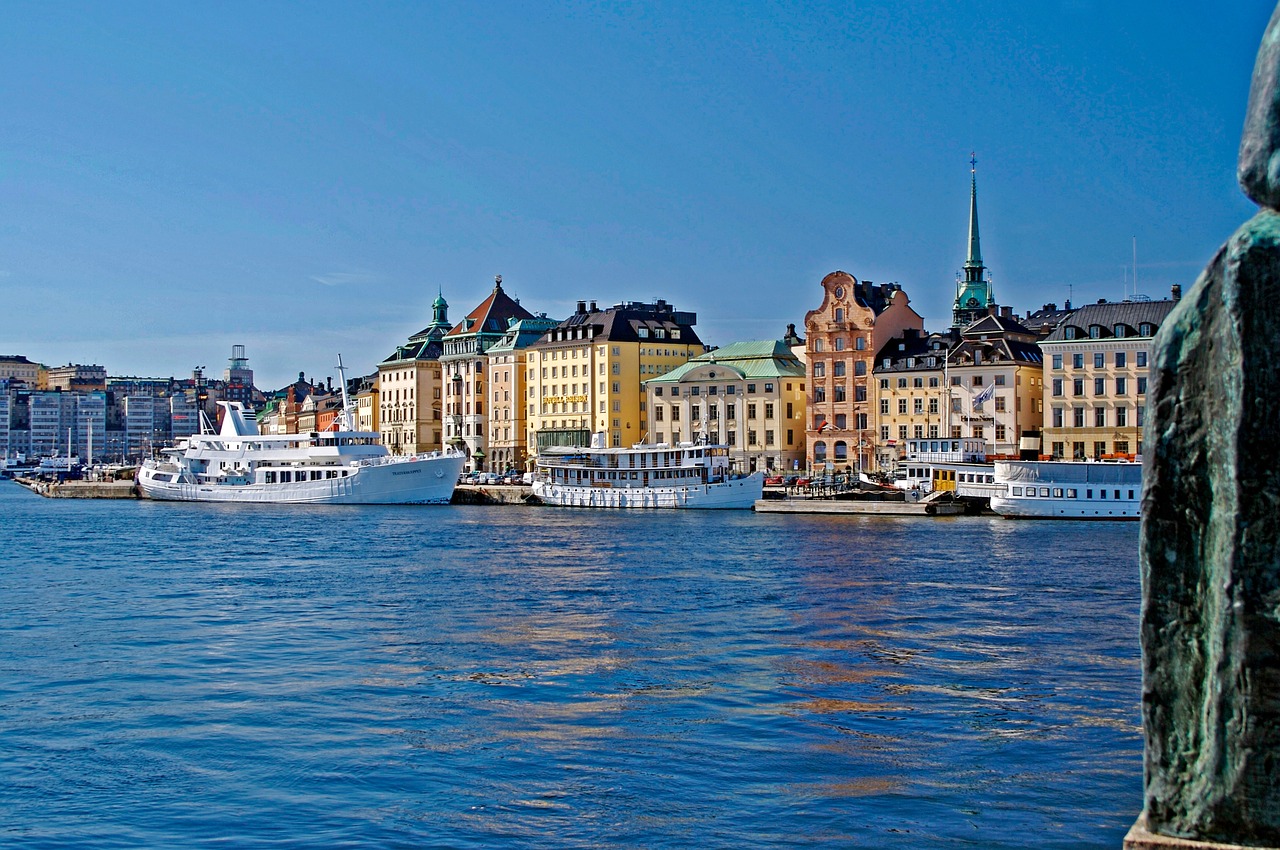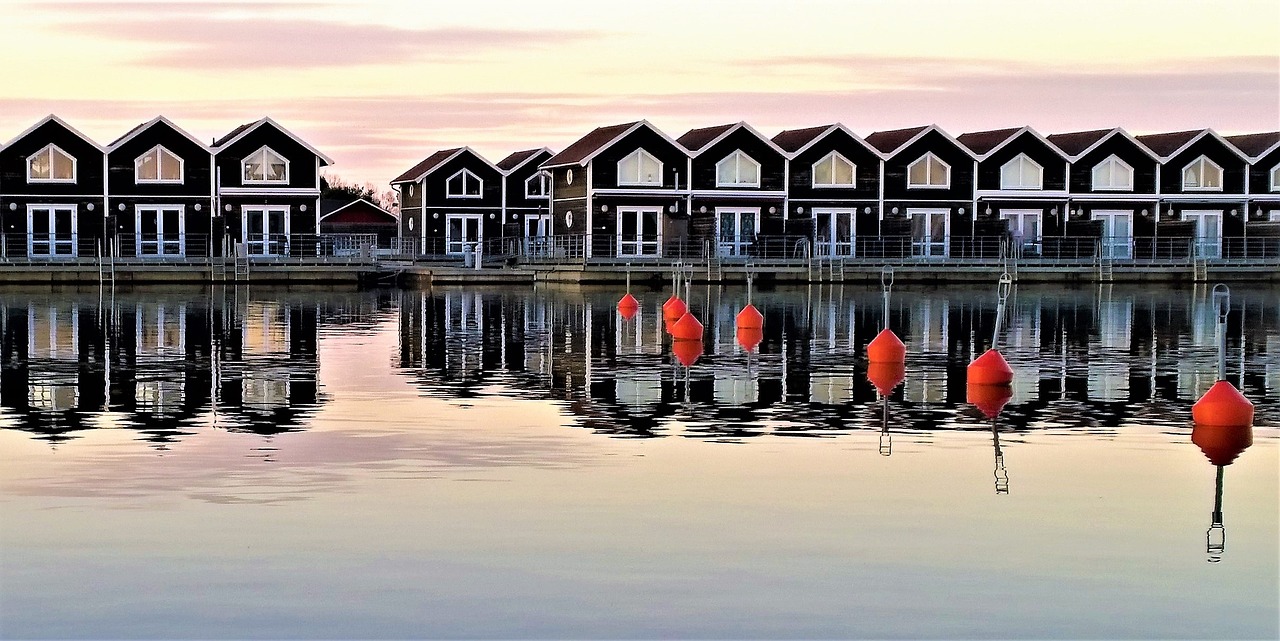Listen (English voice)
Sweden Video
Cost of Living in Sweden: A Detailed Breakdown for Digital Nomads
Sweden, known for its beautiful landscapes, high quality of life, and strong economy, is an attractive destination for digital nomads. However, before making the decision to move to Sweden, it’s essential to understand the cost of living in the country. This article provides a detailed breakdown of the expenses you can expect as a digital nomad in Sweden.
Housing
- Rental Apartments: Renting an apartment in Sweden can be quite expensive, especially in major cities like Stockholm, Gothenburg, and Malmö. The monthly rent for a one-bedroom apartment in the city center can range from 10,000 SEK to 15,000 SEK ($1,100 to $1,650 USD). Outside the city center, the rent can be slightly lower, ranging from 7,500 SEK to 12,000 SEK ($825 to $1,320 USD).
- Shared Accommodation: Sharing an apartment with roommates can significantly reduce the cost of rent. You can find shared accommodation options ranging from 5,000 SEK to 8,000 SEK ($550 to $880 USD) per month.
- Utilities: On average, utilities including electricity, heating, cooling, water, and garbage collection cost around 800 SEK to 1,000 SEK ($88 to $110 USD) per month.
Transportation
- Public Transportation: Sweden has an extensive public transportation system, including buses, trams, and trains. A monthly public transportation pass in Stockholm, Gothenburg, or Malmö costs around 900 SEK to 1,200 SEK ($99 to $132 USD). Single tickets for shorter trips typically cost around 30 SEK to 50 SEK ($3 to $5.50 USD).
- Taxis and Rideshares: Taxis in Sweden are relatively expensive. A typical 5-kilometer (3-mile) journey can cost around 200 SEK to 250 SEK ($22 to $27.50 USD). Rideshare services like Uber are also available in major cities.
- Car Rental: Renting a car in Sweden can be quite costly. Daily rates for a small car start at around 500 SEK to 700 SEK ($55 to $77 USD). Additional costs include fuel, tolls, and parking fees.
Groceries
- Supermarkets: Grocery shopping in Sweden can be expensive compared to some other countries. However, there are budget-friendly supermarket chains like Lidl and Willys where you can find more affordable options. On average, a monthly grocery bill for a single person can range from 2,000 SEK to 3,000 SEK ($220 to $330 USD).
- Local Markets: Visiting local markets is a great way to find fresh produce and local specialties. Prices at local markets can vary, but they are generally reasonable and offer a wide variety of products.
Dining Out
- Restaurants: Eating out at restaurants in Sweden can be quite expensive. A meal at an average restaurant can cost around 150 SEK to 250 SEK ($17 to $27.50 USD). However, there are also more affordable options like fast-food chains and street food stalls.
- Cafés: Enjoying a cup of coffee in a café is a popular Swedish pastime. A cup of coffee can cost around 30 SEK to 40 SEK ($3 to $4.40 USD).
Entertainment
- Museums and Galleries: Sweden is home to numerous museums and galleries, offering a wide range of cultural experiences. Admission fees can vary, but on average, they range from 100 SEK to 200 SEK ($11 to $22 USD) per person.
- Movie Tickets: Going to the movies in Sweden is relatively expensive. A standard movie ticket can cost around 120 SEK to 150 SEK ($13 to $16.50 USD).
- Outdoor Activities: Sweden’s natural beauty provides ample opportunities for outdoor activities like hiking, skiing, and boating. Many outdoor activities are free or have minimal costs, depending on equipment rentals or guided tours.
Healthcare
- Public Healthcare: Sweden has a comprehensive public healthcare system. As a digital nomad, you may be eligible for healthcare services if you have a residence permit or a European Health Insurance Card (EHIC). The cost of healthcare services can vary, but most basic services are covered by taxes.
- Private Healthcare: Private healthcare is also available in Sweden, but it can be expensive. Private health insurance may be necessary if you prefer private healthcare services.
Conclusion
Living in Sweden as a digital nomad can be a rewarding experience, but it’s important to be aware of the cost of living. Housing, transportation, groceries, dining out, entertainment, and healthcare are significant expenses to consider. By budgeting wisely and exploring more affordable options, you can manage your expenses and enjoy all that Sweden has to offer.
Sweden Image 1:

Housing Image 2:

Entertainment Image 3:

References
- sweden.se
- numbeo.com
- visitstockholm.com
- visitsweden.com


